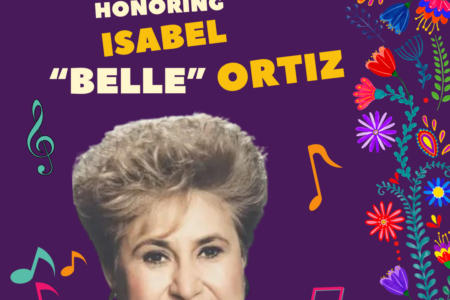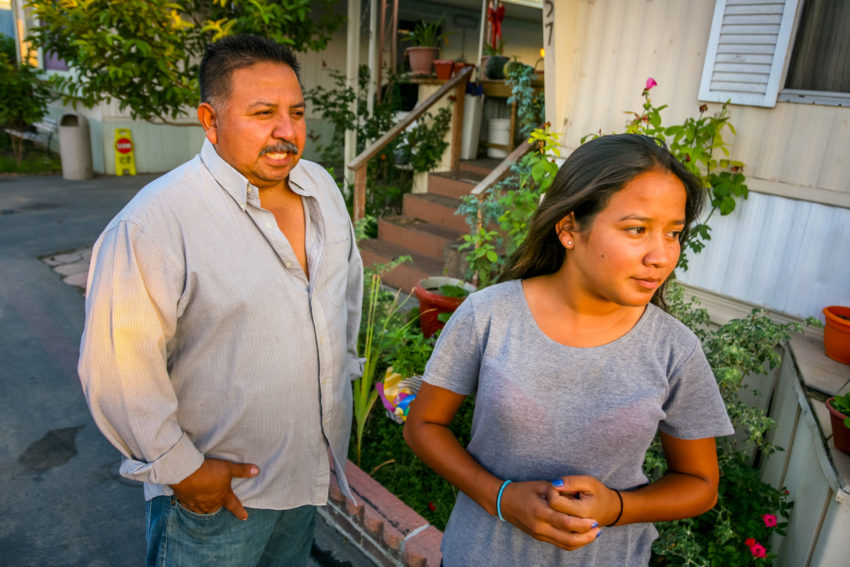
Share On Social!
Life as a Latino immigrant is stressful.
Migration is difficult. Changing immigration rules make it hard to get health-promoting assets. Fear of deportation and family separation add anxiety. Now the COVID-19 pandemic is worsening social and environmental inequities.
Who is looking out for the mental health of Latino immigrants?
Informed Immigrant, Immigrants Rising, and FWD.us have a 10-step guide to help mental health care providers respond to the distress of immigrants whose status is in flux due to ongoing changes to the Deferred Action for Childhood Arrivals (DACA) program, amid coronavirus.
“In addition to managing the stress and uncertainty surrounding the Coronavirus (COVID-19) pandemic, there are around 700,000 immigrant youth who may also be worried and distressed that they will lose the protections they are granted under DACA,” said Dr. Germán A. Cadenas of Lehigh University, one of the guide authors. “We drew from our clinical experience, academic scholarship, and also from our experiences as immigrants, to develop a guide that will make it easier for mental health providers to serve our communities competently during this time of great need.”
Update 6/18/20: “The U.S. Supreme Court ruled Thursday that the Trump administration cannot carry out its plan to shut down the DACA program, which has allowed nearly 800,000 young people, known as “Dreamers,” to avoid deportation and remain in the U.S.,” NBC News reports.
Why Is Immigrant Mental Health a Rising Concern?
The U.S. is home to 44 million immigrants.
Most immigrants are Latino. They relocate here from Mexico, El Salvador, Cuba, Dominican Republic, and other places around the globe. Many are undocumented.
 Living in fear is the norm for many Latinos in the U.S.
Living in fear is the norm for many Latinos in the U.S.
Latinos are more likely than their peers to have mental health issues, which often go unaddressed and untreated, according to a Salud America! research review.
Many Latino families face tough finances and difficult travel before and during migration to the United States. Many Latino children are separated from parents. After migrating, they face language issues, discrimination, and undocumented status, according to the review.
“With the current political climate of inflammatory rhetoric, parental separation, and tear-gassing of migrants along the border, many Latinos feel the burden of an anti-immigrant climate,” wrote Salud America! author Stacy Cantu-Pawlik.
Supreme Court Decision on DACA Could Complicate Immigrant Mental Health
DACA is an Obama-era immigration policy.
It protects immigrants who arrived in the U.S. when they were children from deportation. Also, it provides the right to work legally here. DACA status expires every two years with the option to renew.

But on Sept. 5, 2017, the Trump Administration terminated DACA.
A legal battle is delaying the termination. The Supreme Court is expected to make a final ruling in a matter of days.
The status of over 700,000 DACA-protected people in the workforce is hanging in the balance.
This can cause stress, grief and loss, depression, anxiety, post traumatic stress disorder (PTSD), complex trauma, adjustment difficulties, and low-self esteem or self-worth, according to the authors of the new mental health guide.
“For this reason, we aim to continue to address awareness about the intersection between immigration status and health by, both, highlighting the resilience of our community as well as calling attention to the continued discrimination and racism our community members face during this global pandemic,” said Liliana Campos of the University of San Francisco, a guide author.
Supreme Court Decision on DACA Could Complicate COVID-19 Response
Killing DACA also will thwart the COVID-19 response in the U.S., some experts say.
“If the court strikes down DACA, then every DACA recipient — including 29,000 physicians, nurses, health aides, and technicians — could be forced from the United States within two years. Some could have only weeks,” wrote Priscilla Chan of the Chan Zuckerberg Initiative and Sam Hawgood of the University of California San Francisco.
These workers include Laura P. Minero.
 Minero, one of the authors of the new mental health guide, is a doctoral candidate and intern at UCLA’s Semel Institute for Neuroscience and Human Behavior.
Minero, one of the authors of the new mental health guide, is a doctoral candidate and intern at UCLA’s Semel Institute for Neuroscience and Human Behavior.
“As a DACA recipient, I have been providing mental health support to health workers and staff that have directly been impacted by COVID-19 through UCLA Health’s Emotional Support Response team,” Minero said. “It is important to recognize that individuals who have DACA are heroes who are risking their lives, but they are also living under incredible stress and uncertainty as we await the SCOTUS decision on DACA.”
Chan and Hawgood wrote that, in mid-April, COVID-19 infections had removed 9,300 health care practitioners from the workforce.
That number will quadruple if DACA is rules invalid.
“Hospitals would lose essential staff/ The medical practitioners who remain would work longer and more dangerous hours. Patients would be likely to suffer worse outcomes,” they wrote.
“In short, Covid-19 would become more protracted, and potentially even more deadly.”
Creating a Guide to Provide Mental Health Services for Latino Immigrants
With DACA in flux, Latino immigrants have lots of stress and uncertainty about the future.
Mental health providers are in a position to help.
That’s where the new guide—A Guide to Providing Mental Health Services to Immigrants Impacted by Changes to DACA and the COVID-19 Pandemic—comes into play.
“This guide is intended to add and strengthen culturally inclusive mental health services and programming to help our community members go from just survival to thriving,” Campos said.
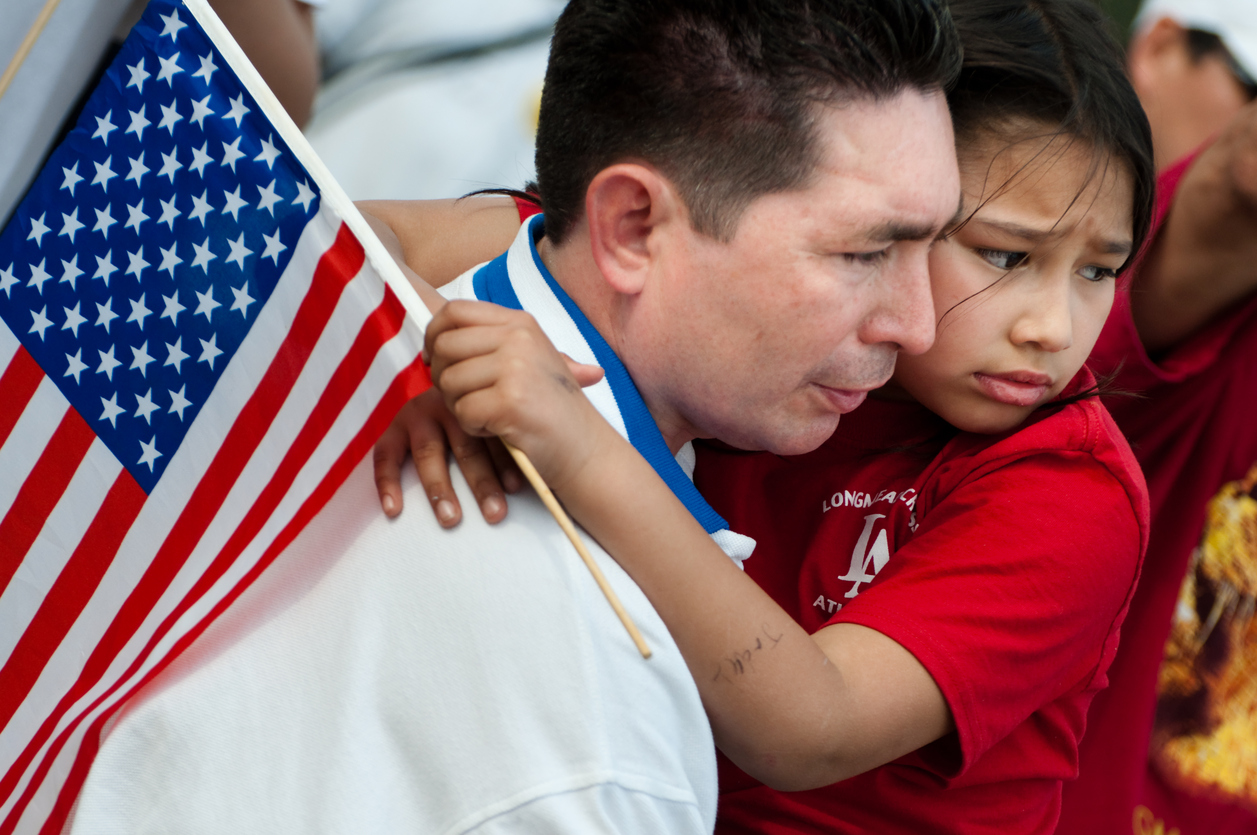 The guide can help those providing or planning to provide mental health and human services to individuals who benefit from DACA:
The guide can help those providing or planning to provide mental health and human services to individuals who benefit from DACA:
- mental health counselors
- school and career counselors
- social workers
- marriage and family therapists
- and psychologists
- other health providers.
“As authors of this guide, we combined our experience as clinicians, scholars and impacted individuals to share culturally informed evidence based interventions proven effective to alleviate symptoms of distress community members are experiencing,” said Cheryl Aguilar of Hope Center for Wellness, one of the report authors. “In this dire time, when DACA recipients and the immigrant community is experiencing heightened anxiety, depression and reliving past traumas, we want everyone in need of support to receive it.”
“In our attempt to support DACA recipients nationwide, we are sharing our strategies with other providers. This guide is a first step. Collectively, we must also continue to advocate for more mental health services to underserved communities.”
10 Steps to Improve Mental Health Services for Latino Immigrants
Each step in the guide includes introductory information as well as a list of resources for further reading and education.
- Listen to the Stories of DACA Recipients.
- Explore the Impact of the COVID-19 Pandemic.
- Learn the Basics of Immigration Policy and Stay Attuned to Changes.
- Identify and Challenge Your Own Biases and Misconceptions About Immigrants.
- Review Existing Models and Recommendations for Clinical Work with Immigrants.
- Integrate Trauma-Informed Care and Multicultural Competence in Your Clinical Style.
- Strengthen Psychological and Behavioral Coping Strategies.
- Foster Immigrants’ Wisdom and Resilience.
- Connect with Community Resources: Legal Support, Educational Programs, Financial Help, Health Services, Advocacy and Activist Groups.
- Engage in Continuing Education, Supervision, Consultation, and Professional Support.
For more on each step, view the full guide.
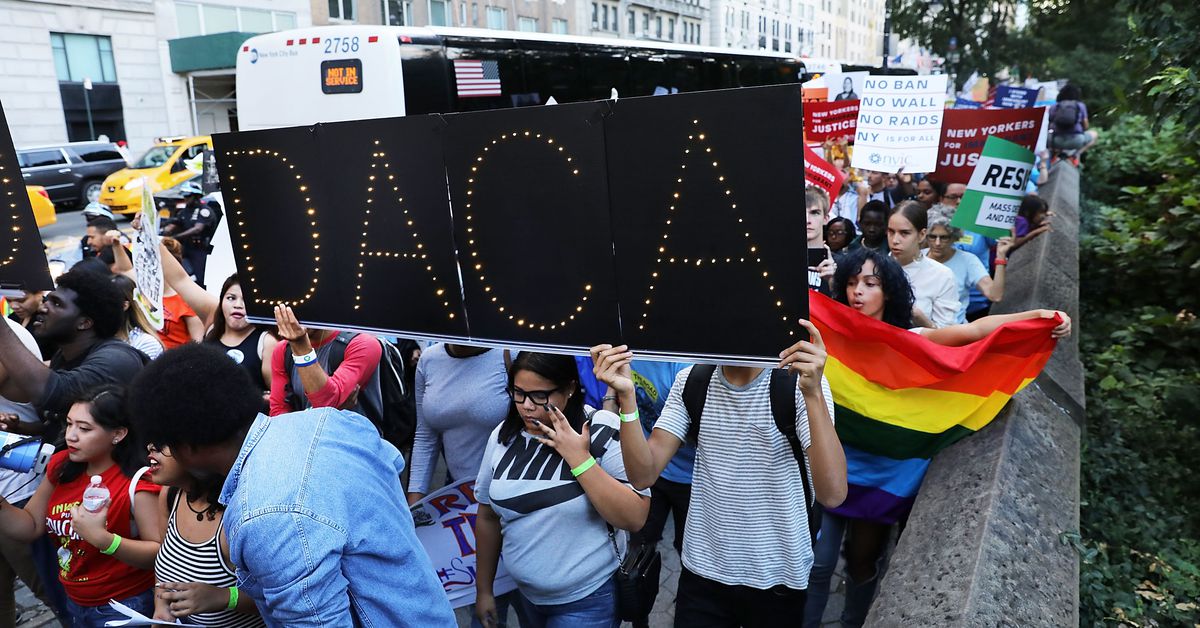
“The guide can be shared widely to reach those who may be providing services to individuals who benefit from DACA, but who have not had access to in-depth and specialized training in serving this population,” the authors state.
“The guide is meant to be practical and useful in clinical practice, particularly for providers working with immigrants who are impacted by stressors related to the Supreme Court decision on DACA as well as the COVID-19 pandemic.”
What Else Should We Do for Latinos and All People?
We need “compassionate and commonsense immigration policies are necessary for the Latino community’s success during this crisis,” according to UnidosUS.
This is part of our own report on 19 ways to stay focused on health equity.
No. 19 involves downloading a “Health Equity Report Card” for your area!
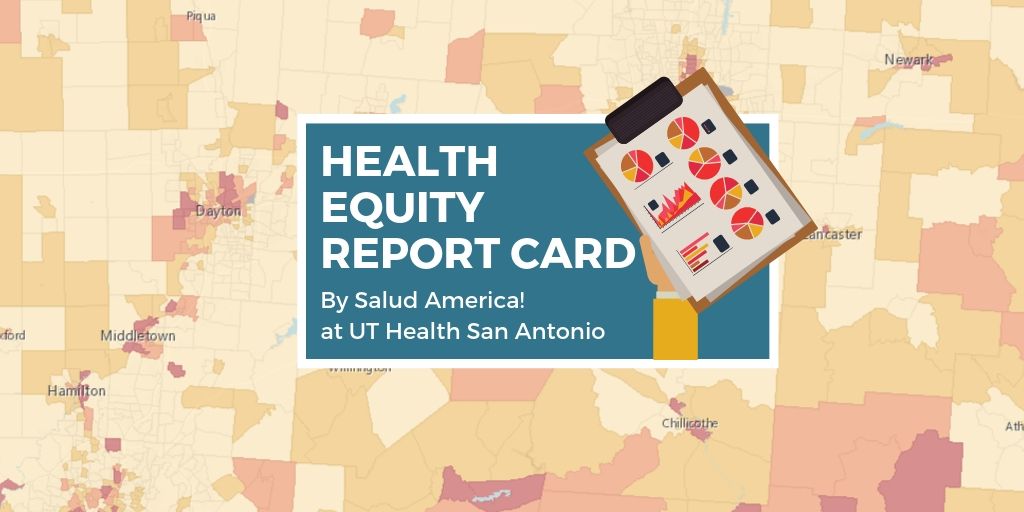 Select your county name and get a customized Health Equity Report Card by Salud America! at UT Health San Antonio. You will see how your area stacks up in housing, transit, poverty, health care, healthy food, and other health equity issues compared to the rest of your state and nation.
Select your county name and get a customized Health Equity Report Card by Salud America! at UT Health San Antonio. You will see how your area stacks up in housing, transit, poverty, health care, healthy food, and other health equity issues compared to the rest of your state and nation.
You can email your Health Equity Report Card, share it on social media, and use it to make the case for community change to boost health equity.
Get your health equity Report Card!
By The Numbers
44
million
immigrants live in the United States


